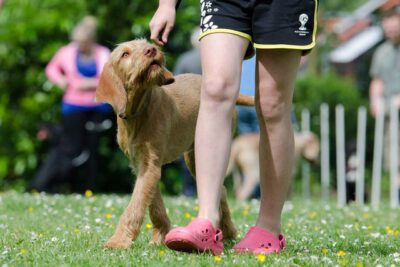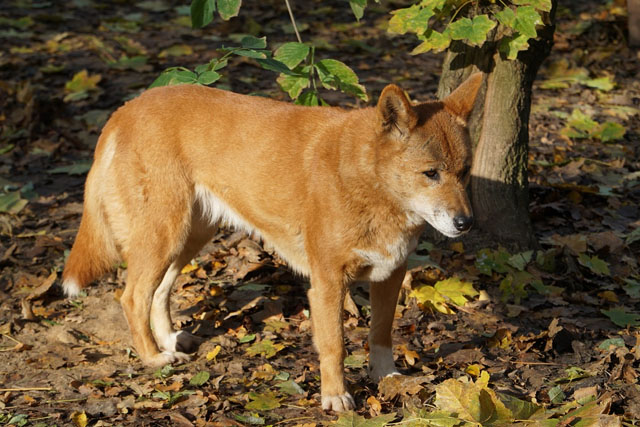



Dingoes are wild canines native to Australia. They are considered a distinct species and are protected under the law in many parts of the country. The legal status of dingoes varies depending on the region, with some areas classifying them as a protected species, while others consider them as pests or feral animals.
Before considering owning a dingo as a pet, it is crucial to thoroughly research the local laws and regulations regarding their ownership. This information can typically be found on government websites or by contacting local wildlife authorities. It is important to understand the specific rules and requirements that apply to your area.
In many cases, owning a dingo as a pet requires obtaining the necessary permits and licenses. These permits are typically issued by wildlife or conservation authorities and may involve a thorough application process. The purpose of these permits is to ensure that the owner is capable of providing proper care and containment for the dingo.
In addition to permits and licenses, there may be specific requirements that need to be met for dingo ownership. These requirements can vary depending on the region but often include factors such as the size of the enclosure, the availability of appropriate food and water, and the ability to provide proper veterinary care. It is essential to understand and meet these requirements to ensure the well-being of the dingo.
Dingoes are highly intelligent and agile animals, which means that proper containment is crucial. The enclosure should be secure and escape-proof, with high fences and dig-proof barriers. It is also important to provide adequate space for the dingo to roam and exercise. Additionally, safety measures should be in place to protect both the dingo and the surrounding community.
Owning a dingo as a pet comes with its own set of challenges. Dingoes are wild animals with strong instincts and behaviors that may not be suitable for domestication. They require a significant amount of time, effort, and resources to properly care for. Additionally, their natural behaviors, such as hunting and territorial marking, may pose challenges in a domestic setting. It is important to thoroughly understand these challenges before deciding to own a dingo.
Before embarking on the journey of owning a dingo as a pet, it is highly recommended to consult with experts and professionals in the field. This can include wildlife biologists, veterinarians, and experienced dingo owners. They can provide valuable insights, guidance, and advice on the legal requirements, care, and behavior of dingoes. Their expertise can help ensure that you are well-prepared for the responsibilities of owning a dingo.
While owning a dingo as a pet may be appealing to some, it is important to consider alternative options for dingo conservation. Dingoes play a vital role in the ecosystem and are an important part of Australia's natural heritage. Supporting conservation efforts, such as habitat preservation and education programs, can contribute to the long-term survival of dingoes in their natural environment.
In conclusion, owning a dingo as a pet is possible in some regions, but it comes with specific legal requirements and challenges. It is crucial to thoroughly research and understand the local laws and regulations, obtain the necessary permits and licenses, meet the specific requirements for dingo ownership, ensure proper containment and safety measures, and be aware of the potential challenges. Consulting with experts and considering alternative options for dingo conservation can also provide valuable insights.
Leave a Reply
Related posts